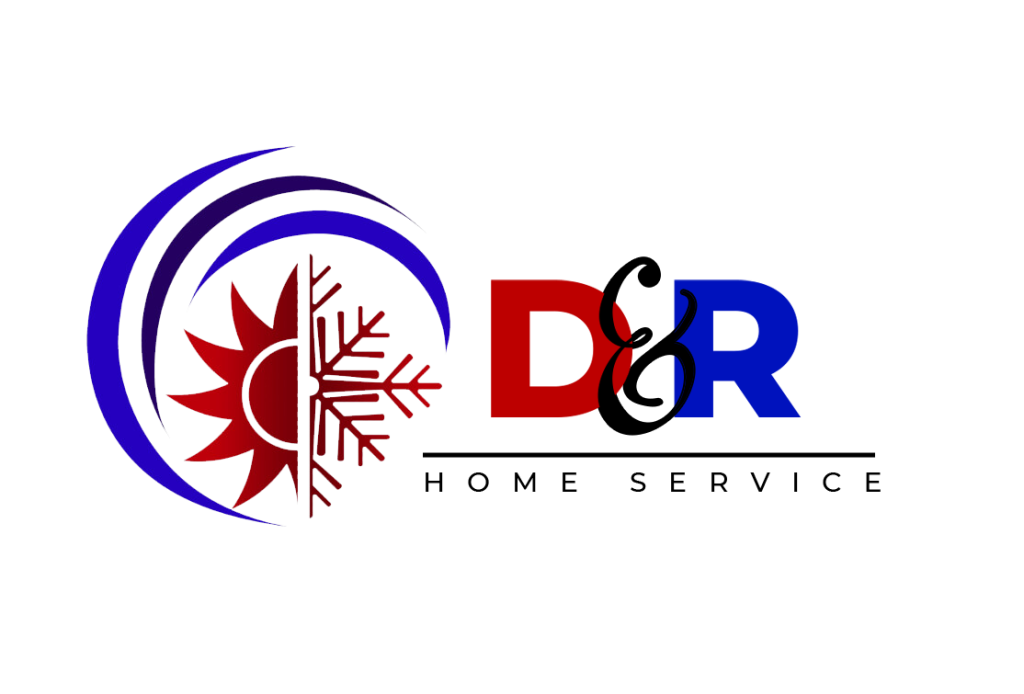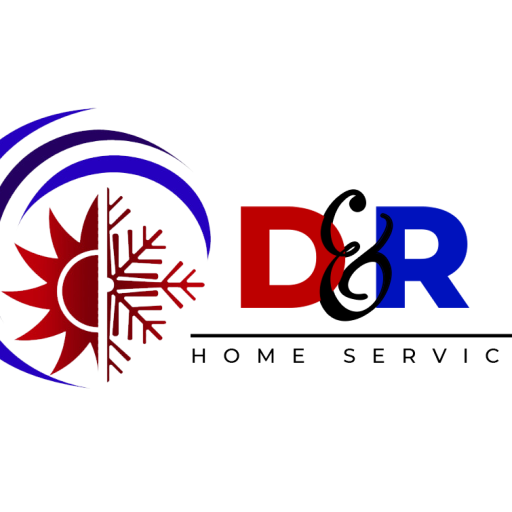- © 2026 D&R HOME SERVICE. All Rights Reserved
When your HVAC system runs day after day, its moving parts like motors, bearings, and fans that work nonstop. Over time, that constant motion creates friction, heat, and strain that slowly wear the system down. Proper HVAC lubrication prevents that damage, keeping your equipment running smoothly for years. At D&R Home Service, we’ve seen how simple lubrication maintenance can extend the life of an HVAC system, improve energy efficiency, and prevent costly repairs.
Every HVAC system relies on parts that move together to circulate air and manage temperature. When those parts aren’t properly lubricated, metal rubs against metal, creating friction and heat. That friction doesn’t just waste energy; it slowly damages bearings, fan shafts, and motors.
You may know that a thin layer of the HVAC lubricant forms a protective film between surfaces. This barrier reduces contact, allows smoother movement, and helps maintain ideal performance. Less resistance means the motor doesn’t work as hard, saving electricity and reducing wear.
Choosing the perfect lubricant is as important as the act of lubricating itself. Each HVAC system requires a specific formula based on temperature, design, and component type.
Always check your manufacturer’s recommendation before applying any HVAC oil or grease. Using the wrong one can reduce performance or even cause failure.
When HVAC components glide instead of grind, the system runs smoother and more efficiently. Bearings, shafts, and fans move freely without resistance, staying in good shape for years. This layer of HVAC lubricant prevents metal-to-metal contact, reducing friction, vibration, and early wear, one of the biggest causes of HVAC failure.
Excessive friction generates heat, which puts extra stress on the HVAC motor and bearings. Proper HVAC lubrication maintenance keeps internal temperatures balanced, protecting sensitive components from overheating and burnout. A cooler motor not only lasts longer but also maintains consistent airflow with less energy waste.
Do you know that a well-lubricated HVAC system doesn’t fight against mechanical resistance? When moving parts are properly lubricated, the motor works less to push air through your ducts. This small change improves energy efficiency, lowers electricity bills, and helps your home maintain steady comfort levels, especially during peak seasons.
Effective HVAC bearing lubrication acts like a shield, blocking out dust, debris, and humidity that can lead to rust or corrosion. This protection helps metal parts last longer and prevents them from seizing up, especially in damp or coastal climates.
Grinding, squealing, or rattling sounds often mean your HVAC system is dry and struggling against friction. Regular HVAC lubrication service eliminates that harsh metal noise, keeps fans balanced, and lets your system run quietly in the background the way it should.
Whether it’s your heating system working hard in winter or your air conditioning unit keeping things cool in summer, both depend on proper lubrication to run efficiently. Even small neglect in either system can lead to friction, overheating, or early wear. If you’re noticing uneven airflow or higher energy bills, our Heating Services and Air Conditioning Services at D&R Home Service ensure both systems get the care they need to perform their best all year round.
If you notice any of these, it’s time for a check-up. Quick lubrication can stop wear before it becomes expensive damage.
Lubricating an HVAC system starts with applying oil with precision, on exact timing, with the right materials. Every part needs the correct amount of lubricant to work smoothly without overloading the system. Here’s how professional HVAC lubrication is usually done:
Technicians start by turning off the power and inspecting all moving components, including blower motors, fan bearings, and belts. Any dust or buildup is cleaned before lubrication begins because applying oil over dirt only causes more friction later.
Every opil is not made for every system. Most of the time, you have to act according to the manufacturer’s guidelines, timeline, temperature range, and the age of your HVAC unit. At D&R Home Service, we typically use high-grade synthetic lubricants because they last longer and perform well in both hot and cold conditions.
Technicians apply a thin, even layer of lubricant to bearings and shafts using a precision applicator. The goal is to balance, like too little doesn’t reduce friction, too much traps heat and dust. Once applied, parts are rotated manually to ensure the lubricant spreads evenly.
After lubrication, the system is powered back on and monitored for noise, temperature, and airflow. If the motor runs quietly and smoothly, the job’s done right. The technician then checks for any leaks or residue to ensure a clean, efficient result.
The lubrication process changes slightly depending on the type of system.
Over time, oil breaks down or evaporates, especially in high-use systems. Scheduling professional maintenance once or twice a year keeps your HVAC parts moving smoothly, prevents wear, and saves you from surprise breakdowns.
Eco-Friendly and Cost Benefits
Good lubrication doesn’t just protect the system; it helps the environment too. When parts move easily, the system uses less electricity, lowering energy waste and monthly costs. Small maintenance habits like this make a big difference for your wallet and the planet.
At D&R Home Service, we handle HVAC maintenance with care. Our technicians check every moving part, clean buildup, apply the right lubricant, and make sure everything runs smoothly. Whether your system is new or several years old, proper lubrication helps it stay efficient, quiet, and dependable all year long.
1. How does lubrication extend an HVAC system’s life?
It reduces friction and heat, preventing wear and extending how long motors and fans can run efficiently.
2. Which HVAC parts need lubrication?
Mainly fan bearings, blower motors, and some compressor components.
3. How often should lubrication be done?
Once or twice a year during seasonal service.
4. Can I lubricate my HVAC myself?
It’s best to let professionals handle it to avoid over-lubrication or using the wrong product.
5. Does HVAC lubrication save energy?
Yes. Reduced friction means smoother motion, which lowers power use and improves overall system efficiency.
6. What are the signs my HVAC needs lubrication?
Strange noises, higher bills, or uneven airflow often point to friction and a lack of lubrication.

At D&R Home Service, we are committed to delivering top-quality heating & air conditioning services to keep your home comfortable year-round. With upfront pricing, skilled technicians, and a customer-first approach, we make heating and cooling services stress-free. Whether you need AC repairs, furnace installations, or indoor air quality solutions, our team is here to help.
